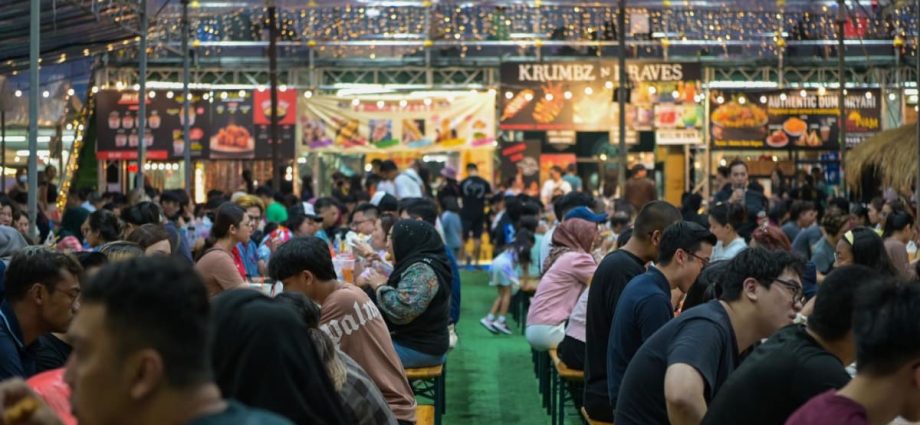
If there are stipulations in the tender for bidders to keep their rental affordable and to take into consideration factors such as community building and promoting diversity in society, then this may mitigate the high bids.
Keeping rental affordable also means that stallholders including food stalls should keep their prices affordable. For example, food stall Mr Wadeh sells the cheapest prawn vadai at the bazaar for S$1 apiece, keeping their prices low and absorbing the soaring costs as a form of giving back to society. This highlights values beyond commercial principles.
Arguably, Mr Wadeh is an extreme example in monetary terms but the cascading effects of such sentiments among potential stallholders would in essence capture the kampung spirit in the community that has been much talked about.
It was also reported that stalls were collaborating to share the costs of the high rental costs. For example, Big Big Fries is co-sharing a booth with Whiskdom. Through such co-sharing of rental costs, the food stalls could gain more exposure and pass on their savings to consumers by keeping their prices low.
The second tier could be for food stalls that were disadvantaged by the pandemic and could benefit from more exposure. For example, several home-based businesses in the Malay Muslim community took a massive financial hit during the COVID-19 pandemic.
The Ramadan bazaar is an opportunity for the state to show that they are not forgotten by enabling them to rent stalls at affordable or subsidised rentals. These initiatives encourage entrepreneurship and could lead to the formation of micro small- and medium-size enterprises.
The third tier involves cultural, ethnic, and religious sensitivities. Given the history and context of the Geylang Serai Ramadan Bazaar, conditions could also be imposed on bidders to include cultural and ethnic traditions when the call for tender is made. For example, some stalls can be allocated with higher subsidies if the owners can prove that it contributes to the revival of valued Malay culture such as the sale of songkoks, sampings and traditional Malay accessories.

